November 6, 2024.

The Indian Knowledge System (IKS) is an extensive body of knowledge that has evolved over thousands of years, deeply rooted in the cultural and intellectual traditions of India. It encompasses a wide array of disciplines, from philosophy and linguistics to mathematics, architecture, and wellness, highlighting the contributions and understanding developed in ancient India and how these ideas remain relevant today.
The project covered the following topics:
Week 1: Indian Knowledge System
An overview of the fundamental concepts of IKS and its historical and cultural significance, setting the stage for understanding its diverse components.
Week 2: The Vedic Corpus
Exploration of the ancient Vedic texts, their teachings, and their influence on various aspects of Indian civilization, including spirituality and social practices.
Week 3: Philosophical Systems
Study of the major philosophical schools of thought in India, such as Nyaya, Sankhya, Yoga, and Vedanta, and their approaches to understanding reality, consciousness, and the self.
Week 4: Wisdom Through the Ages
Examination of timeless wisdom passed down through generations, including the teachings of great Indian thinkers and spiritual leaders.
Week 5: Knowledge Framework and Classification
Analysis of how knowledge was categorized and systematized in ancient India, emphasizing structured learning and the classification of sciences and arts.
Week 6: Linguistics
Insight into the rich linguistic heritage of India, including the development of Sanskrit grammar and the linguistic theories of ancient scholars like Panini.
Week 7: Number Systems and Units of Measurement
Study of India’s advancements in mathematics, including the development of the decimal system, the concept of zero, and traditional units of measurement used in various fields.
Week 8: Health, Wellness, and Psychology
Exploration of traditional Indian approaches to health and wellness, such as Ayurveda and Yoga, and their holistic perspective on physical, mental, and spiritual well-being.
Week 9: Town Planning and Architecture
Understanding of ancient Indian town planning principles, architecture, and design, including examples like the cities of the Indus Valley Civilization and Vastu Shastra guidelines.
Week 10: Governance and Public Administration
Study of the administrative systems and governance structures in ancient India, including insights from texts like the Arthashastra on statecraft and economics.
Week 11: Concepts and Applications in Engineering
Examination of how ancient Indian knowledge influenced engineering practices, including techniques in construction, metallurgy, and the design of machines and tools.
This comprehensive study highlights the depth and interdisciplinary nature of the Indian Knowledge System, emphasizing its relevance and applicability to both historical understanding and modern practices.
Course Link:
https://drive.google.com/drive/folders/1fL825wqQQQ-Ehs4SAXB2vM-h7dIvXeNE
Team Members :
Aastha Arora
Aayusha Bhatia
Ayushi Mahajan
Adyasha Subhadarsini
Gehna Vithalani
Mentors:
Mr. Bhushan Kumar Chaudhary

